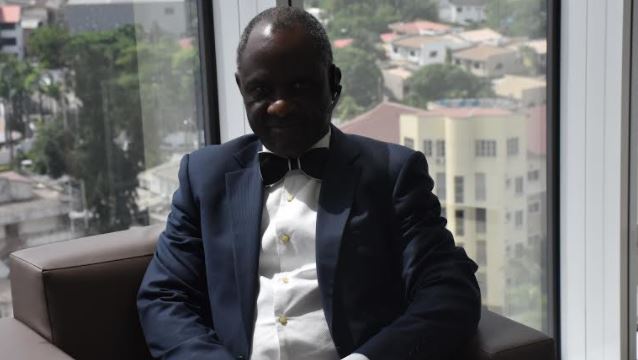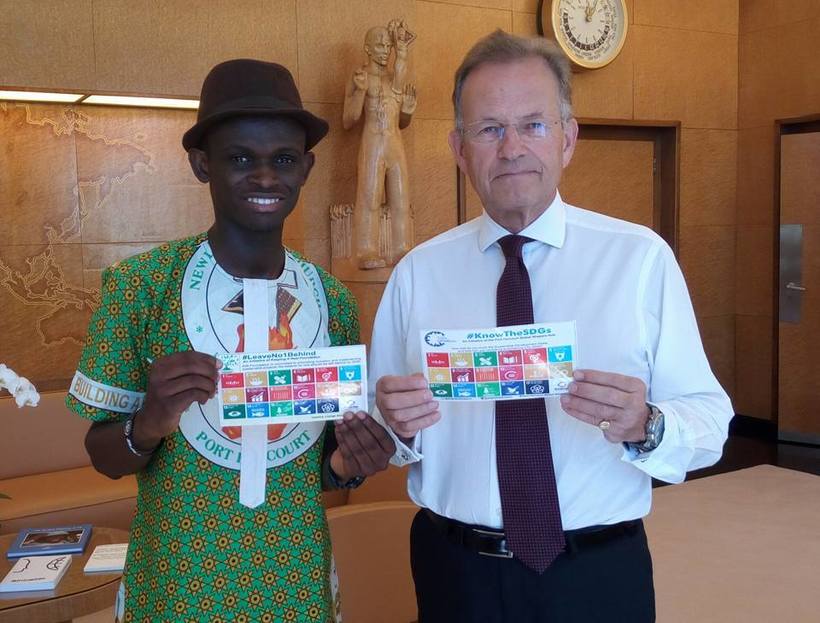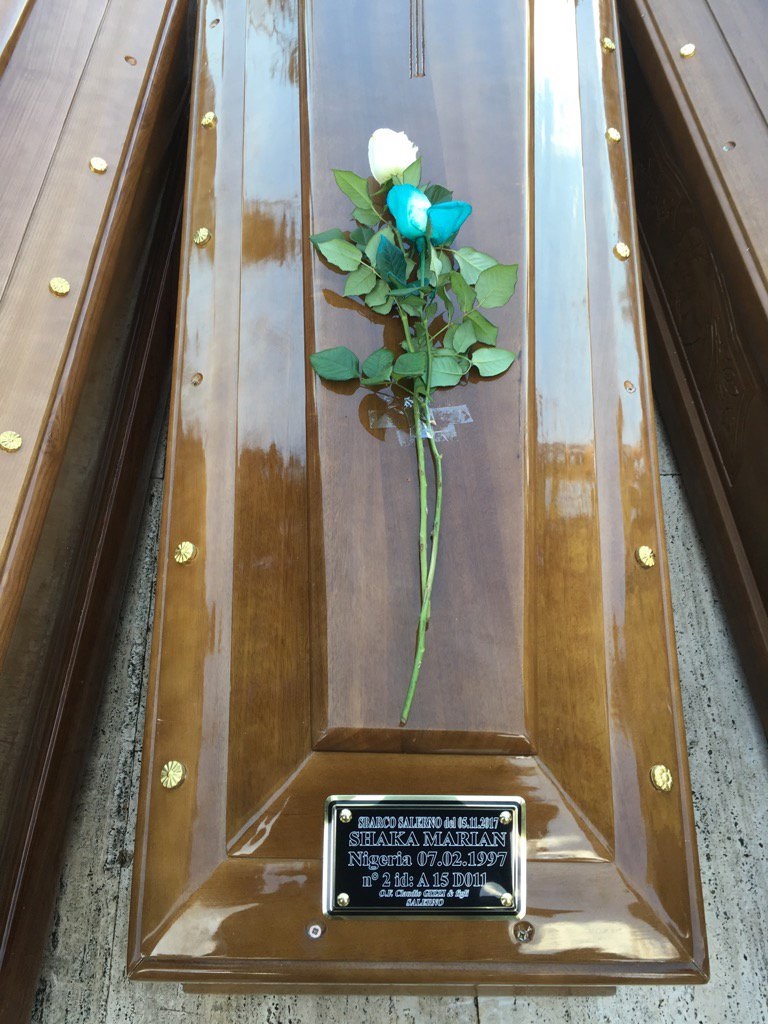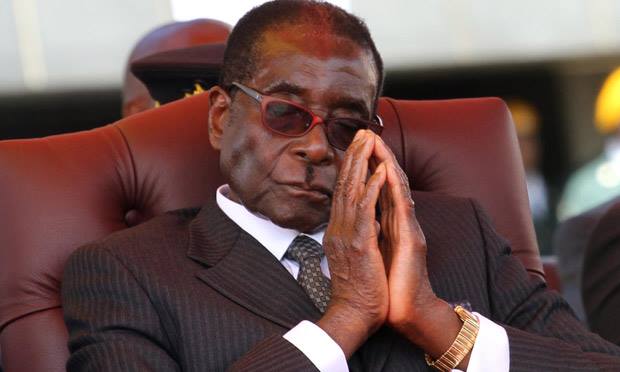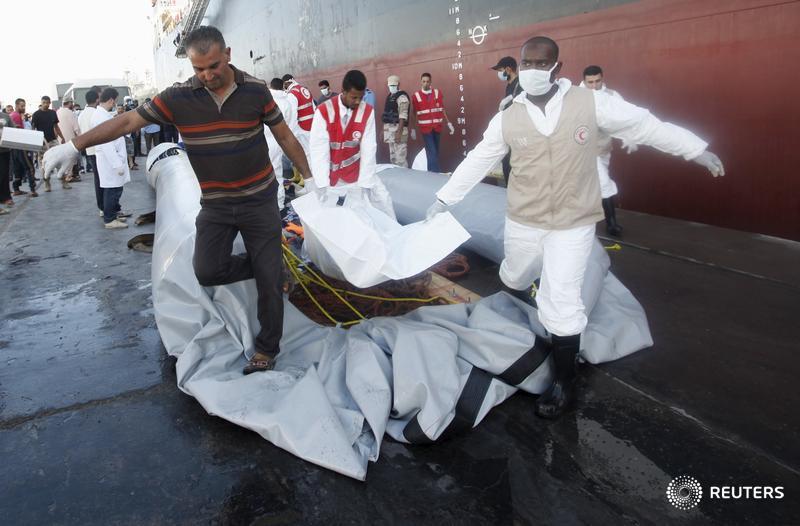BY RICHARDS MURPHY
The Global Terrorism Index 2017 published by the Institute for Economics and Peace is one report that has excited Nigerians, home and abroad, and for good reasons too. The report indicated that terrorism-related deaths fell by more than 80% for the year 2016. There are other positive things about Nigeria in the 120-page report.
An immediate plus is the renewed consciousness that it is possible for the mentions of Nigeria, need not be all bad. Nigeria’s commitment to tackling Boko Haram head-on contributed to the plummeting of terrorism-related deaths as reported. This confirms that in spite of the limited international support – what the country gets sometimes is sabotage – the Nigerian military, notably the army, has delivered on a core mandate of President Muhammadu Buhari, with results to show for it.
While the elation around the report is understandable, the pointers it gave about moving forward must not be lost in the euphoria about the plunge in the number of people that Boko Haram’s attacks killed. Only a genuine appreciation of these indicators would firmly place Nigeria on the path of preventing the deaths that the terror group is still able to cause. This appreciation must be matched with corresponding actions for them to be meaningful.
Advertisement
First, the Army, cannot and must not be left alone to deal with terrorism. If military action alone brought about an 80% reduction in deaths then a 99% fall in the number of terrorism linked deaths would have been possible if other stakeholders pitched in. We should at this point be asking why the police has not done more in massing to take over the protection of areas fully cleared by the army or why the intelligence agencies are not doing more to track would be suicide bombers or even why they have not been able to block the flow of new recruits to Boko Haram. We must also address why the military is left alone to deal with the menace of Boko Haram with only wits and brute force without the legislative support to specifically make new laws or upgrade existing ones to align with the realities of terrorism as many nations have done.
Secondly, the report has exposed how the military has been maligned by a certain syndicate of miscreants and war merchants over time as not doing much to counter the terror group. The few instances where Boko Haram is able to strike soft targets is usually celebrated by some international interests and their domestics proxies, which is usually a boost to the terrorists that go on to use such tacit support as propaganda to recruit new fighters. In retrospect, the period covered by the Global Terrorism Index 2017 turned out to be one during which the army was criticized for not preventing Boko Haram attacks; since fact and figures do not lie, it is now clear that the military did have the upper hand over the terrorists.
Also, the aspect of the report that touched on “Financing Terror” is one that should get us all thinking and acting. According to the report, “Boko Haram has also been financed by donations from group members, corrupt politicians and government officials as well as supporters or organisations based in other countries.” These are areas that the military had raised alarm about in the past and people dismissed such as trying to cow the opposition or accused of mounting propaganda. Now that we have read it from a neutral source perhaps we will now begin to take the issue of terrorism financing seriously and even review our transactions as individuals to ascertain we are not unwittingly funding terrorists. This development is also an eye-opener about the activities of “organisations based in other countries”, which some Nigerians feel obliged to kowtow to because they always package themselves as one thing while in reality they are something else – the activities of groups like Amnesty International and its affiliates must be reassessed against the background of this information.
Advertisement
Fourthly, there is the lesson that the terror group should continue to be treated as one cancerous case irrespective of how many factions it splinters into. The report had noted that “Following military defeats, Boko Haram split in August 2016 into three separate factions including a violent faction, one that aligns itself with ISIL and a third faction affiliated with al-Qa’ida.” The military must not stop its pursuit of terrorists even when the factions they supposedly belong to are reported to be less than barbaric than the other.
Furthermore, as the military increasingly get drafted to address other threats to national security – like the Indigenous People of Biafra (IPOB) that has also been designated a terror group or the outlawed Islamic Movement in Nigeria (IMN) – it is imperative to address the nexus between other disturbances and terrorism as established in the report. The army under General Buratai must be commended for dealing with these other problems before they snowballed into the kind of horror show Boko Haram has evolved into. If one is not asking for too much, the insults poured on the military for proactively dealing with these problems should be revisited and it’s role in keeping the country secure in line with President Buhari’s promise acknowledged for a mention.
Much as Nigerians are keen on celebrating the Global Terrorism Index 2017, we must immediately address the issues raised above. This becomes imperative when one realizes that the next report would be using the current 20% death as the benchmark for assessing the following year, which could potentially translate into higher deaths by percentages even when the actual figures have fallen well below the previous year.
Stakeholders must, therefore, address the obstacles that the military had faced even at the time it achieved the feat of dampening terrorism-related deaths. This includes ensuring that operation against terrorism does not lack funding, equipment, legislation and government support. The Federal Government must also find a lasting solution to the harassment of the country’s military institutions by so-called international organizations that may well be the “organisations based in other countries” referred to in the report of the Institute for Economics and Peace. In fact, their activities should henceforth be appraised in a different light to ensure they are not sabotaging the military to ensure they can continue to chalk up civilian deaths to suit other agenda.
Advertisement
While congratulating President Buhari, General Buratai and the Nigerian Army on the import of the report, one must mention that the progress indicates by the report is a call to do even more to end Boko Haram’s days of terror. The report in the section on “How Terrorist Groups End” posited that 35% of terrorist groups succumb to military/police defeat, 30% Internal splintering and 35% relenting after they have achieved their goals or entered politics. Boko Haram will never achieve its goal neither will it find a welcoming embrace in the political arena with its history of bloodletting. The military must, therefore, unleash more defeats that would further splinter the terrorists so that they will not have the space to take even 2 percent lives before the next report is due.
Murphy is a security expert based in Calabar, Cross River state
Views expressed by contributors are strictly personal and not of TheCable.
Add a comment

